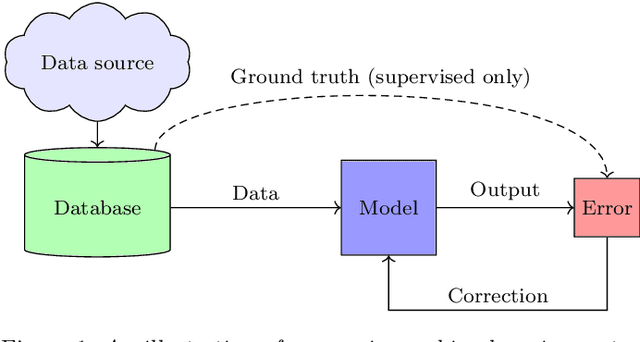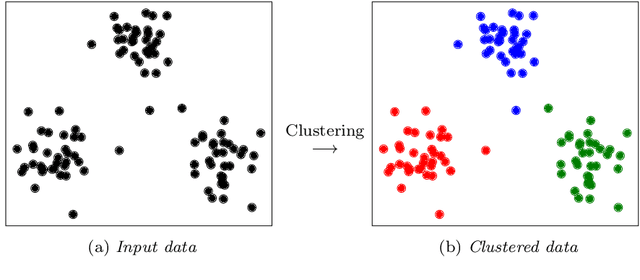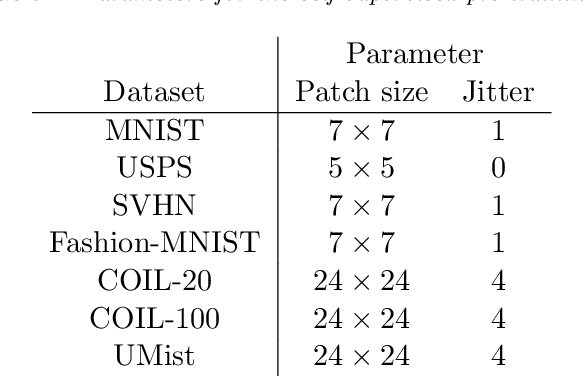Deep Image Clustering with Tensor Kernels and Unsupervised Companion Objectives
Paper and Code
Jan 20, 2020



In this paper we develop a new model for deep image clustering, using convolutional neural networks and tensor kernels. The proposed Deep Tensor Kernel Clustering (DTKC) consists of a convolutional neural network (CNN), which is trained to reflect a common cluster structure at the output of its intermediate layers. Encouraging a consistent cluster structure throughout the network has the potential to guide it towards meaningful clusters, even though these clusters might appear to be nonlinear in the input space. The cluster structure is enforced through the idea of unsupervised companion objectives, where separate loss functions are attached to layers in the network. These unsupervised companion objectives are constructed based on a proposed generalization of the Cauchy-Schwarz (CS) divergence, from vectors to tensors of arbitrary rank. Generalizing the CS divergence to tensor-valued data is a crucial step, due to the tensorial nature of the intermediate representations in the CNN. Several experiments are conducted to thoroughly assess the performance of the proposed DTKC model. The results indicate that the model outperforms, or performs comparable to, a wide range of baseline algorithms. We also empirically demonstrate that our model does not suffer from objective function mismatch, which can be a problematic artifact in autoencoder-based clustering models.
 Add to Chrome
Add to Chrome Add to Firefox
Add to Firefox Add to Edge
Add to Edge